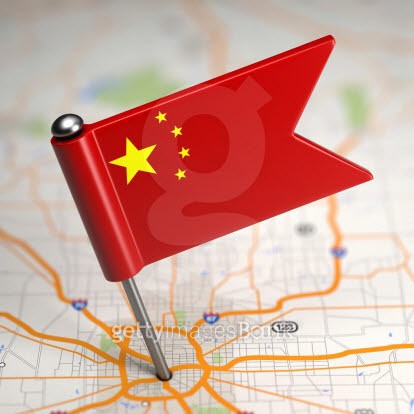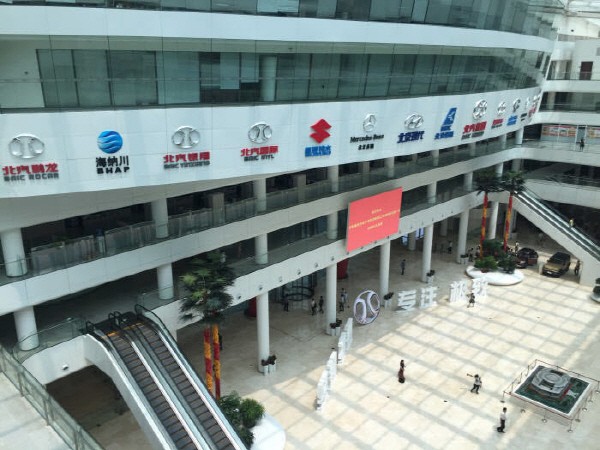
The risk of manufacturing production from China has surfaced. This is because the Chinese government is pushing for restrictions on plant operation in order to manage clean air quality ahead of the Beijing Olympics in early next month. It is expected that the supply chain, which is already in a mess due to the COVID-19 shutdown and power supply shortage, will become more unstable.
According to South Korean companies who have entered China, the Chinese government is pushing for restrictions on plant operation targeting production bases in Beijing and neighboring satellite cities. During the 2008 Beijing Olympics, China also ordered the shutdown of factories in nearby cities.
Hyundai Motor Company, which has a production plant near Beijing, is paying close attention to the policy of the Chinese government. Hyundai Motor makes most of the cars that they sell in China locally. As of last year, the Beijing plant produced an average of 27,000 units per month. A Hyundai Motor official said on the 4th, "We have not received any official request from the Chinese government, but we are closely monitoring the situation." SK Innovation, which has a factory in Changzhou, near Beijing, is in a similar situation.

The main production bases of South Korean companies such as Samsung, LG, and SK are mainly located in southern China. However, there are concerns that the production restrictions that started in Beijing will be unexpectedly extended to all of China. This is because there are local governments that implement a cap-exhaust gas emission system for each plant. LG Chem is operating a cathode material plant in Wuxi, a precursor plant in Quzhou, and a separating membrane coating plant in Changzhou. An official from LG Chem said, "After the coal issue earlier than this, we are responding by reducing operation during peak hours and increasing operation rate at night."
Some South Korean companies have officially requested local governments in China to ease operation restrictions. An official from a South Korean company that produces electronic components said, “Many production plants are clustered in one place, but officials from the departments in charge of each company are discussing with the person in charge of the local government in China that it would difficult to stop production during the Olympics.”
Samsung Electronics and LG Electronics, which operate factories in various regions of China, are exposed to many variables. Samsung Electronics’ operation of their semiconductor factories is being disrupted due to the COVID-19 lockdown in Xi'an, China. Samsung SDI's Xi'an plant is operating normally, but when the lockdown is prolonged, it is possible to follow the footstep of the Samsung Electronics which would be an emergency.
Unlike the power shortage, the Olympic is an event that has been predicted many years ago, so there is a forecast that the amount of damage will not be as large as expected, as companies have already predicted the risk. Bong-man Kim, director of international cooperation at the Federation of South Korean Industries, said, “South Korean companies must have predicted this situation because of the strong impact of shutting down factories during the 2008 Beijing Olympics,” and he continued, “Even if these companies are preparing themselves for these shutdowns, there will be some damages, and the difficulties will be considerable for companies as Chinese government is expanding these 'environmental, social, and governance' (ESG) regulations.” Korean government is also said to be contemplating countermeasures against companies' supply chain management, fearing production disruptions from the Beijing Olympics.
By Staff Reporters So-ra Park (srpark@etnews.com), Jin-hyung Park (jin@etnews.com), Ji-woong Kim (jw0316@etnews.com)